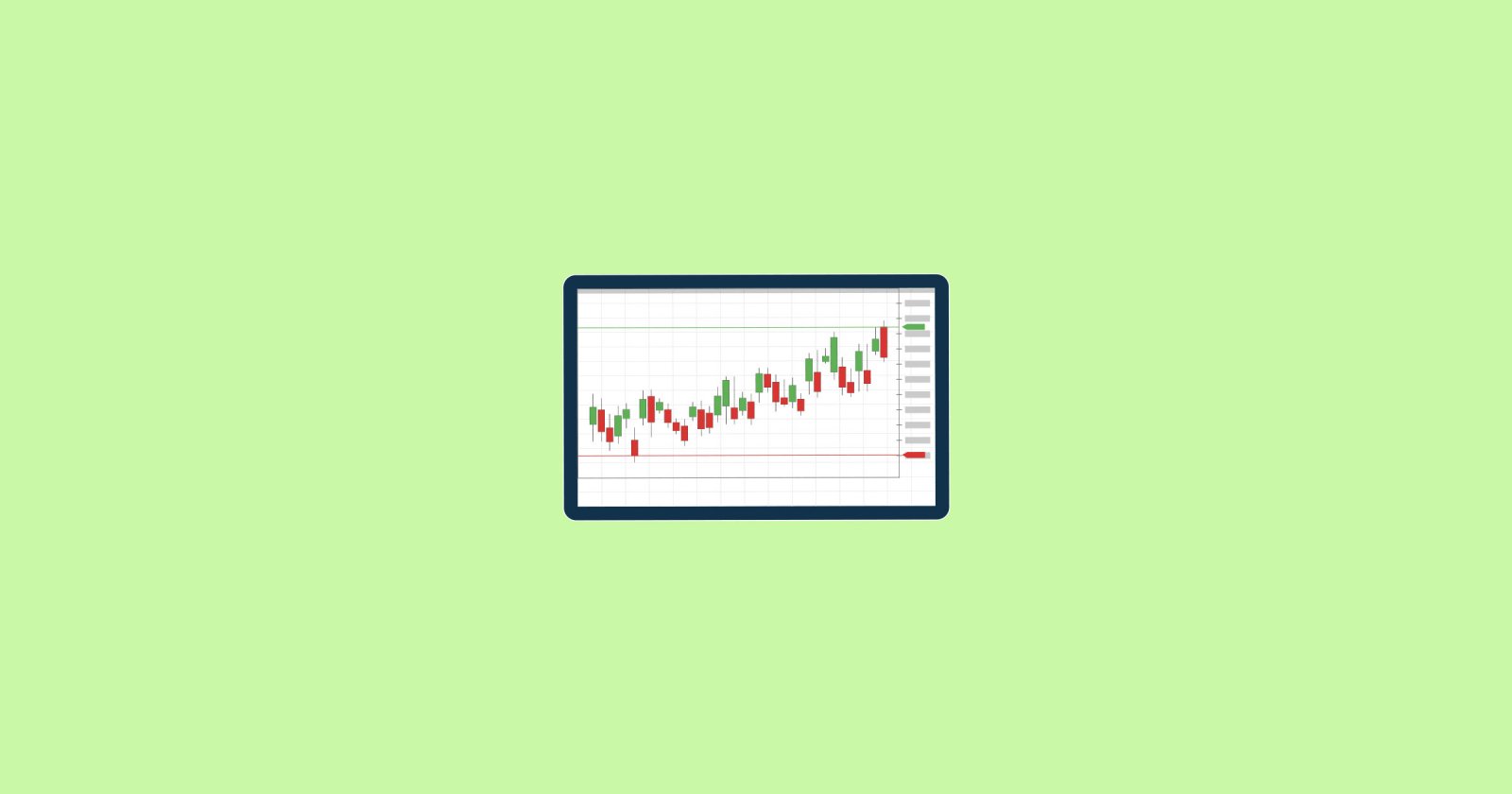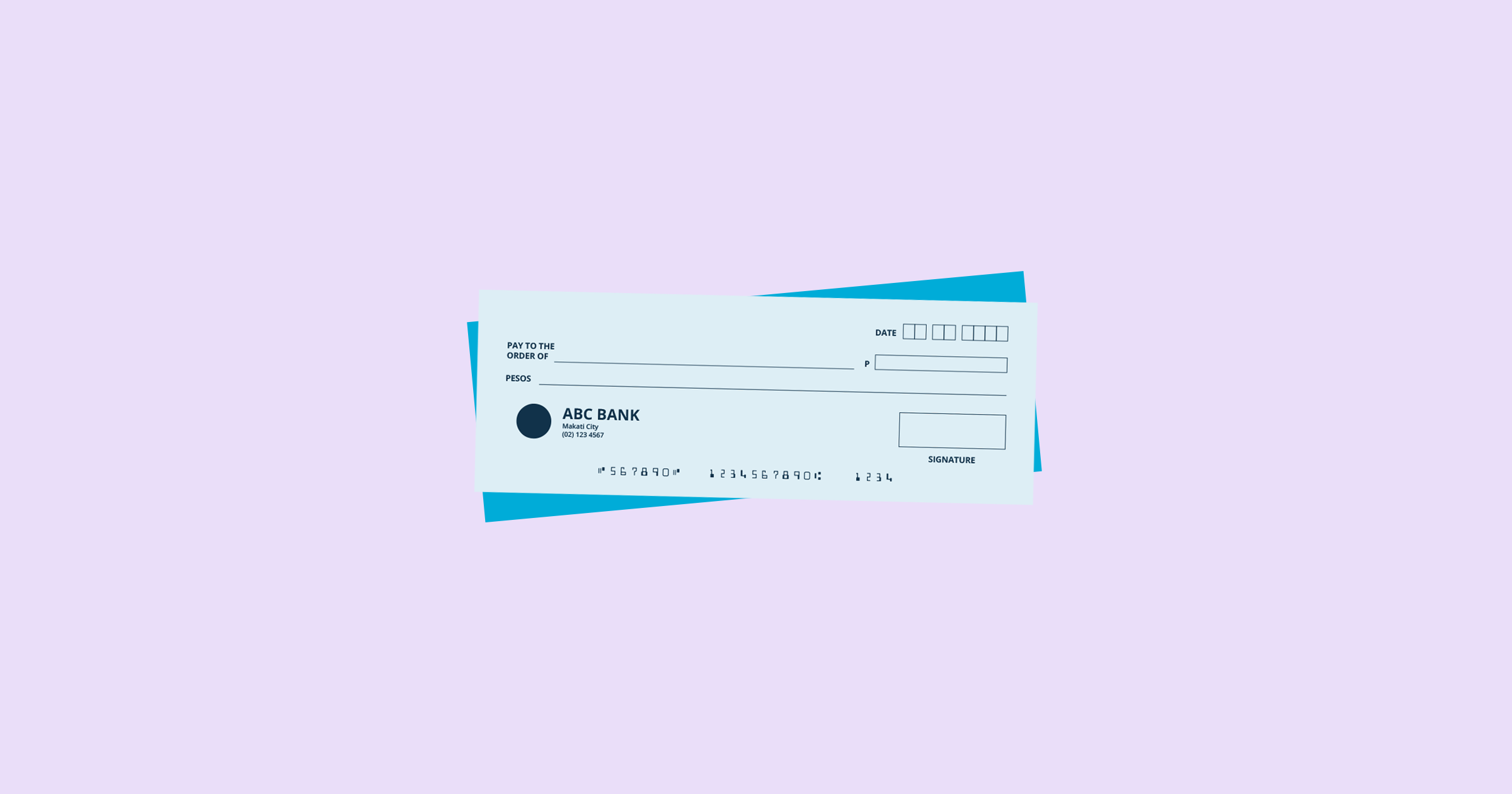As an investor, you must prepare for the unexpected so you’re less likely to be caught off-guard by negative events and make impulsive moves that you might regret.
That’s why, even if a stock market crash can sound scary, you should take the time to understand what it really means and what may cause it before letting fear get the best of you. Learn more below.
What is a crash?
Crashes are commonly associated with the stock market, though they can also happen in other financial markets like bond markets.
There is no specific number that signifies a crash. It’s widely defined as a rapid double-digit decline in a major stock market index or the broader market, usually happening over just a few days.
It differs from a bear market, which is a drop in prices that occurs over a longer period. However, if the downtrend continues, a crash can lead to a bear market or even signal a recession.
What causes a stock market crash?
A crash happens when there are a lot more stocks being sold than there is demand for them, leading to a sharp drop in prices.
A single event may serve as a catalyst for panic selling, but a number of underlying factors can contribute to the decline. Here are a few examples:
- Major global events
Investors tend to be cautious when there’s uncertainty. If they feel the need for safety, they may exit the stock market and move their money to less volatile assets like bonds.
Political developments, global conflict, and even natural disasters can create uncertainty and prompt investors to seek safety.
Unprecedented events like the Covid-19 pandemic can also change investor outlook overnight and lead to widespread selling.
- Economic conditions
Investors may move away from stocks when there are signs of economic trouble, like weakening consumer demand, too-high inflation, or a rising unemployment rate.
- Overvalued stocks
When there’s too much excitement about a particular stock or sector, the buying activity can push prices beyond what an asset is really worth.
This creates a bubble, which may eventually burst and send prices crashing. The crash can happen when participants start to take profit or when negative news shakes investor confidence and triggers panic selling.
Predicting a crash can be impossible even for experienced investors. When it starts, the fear of losing money and the influence of herd mentality can push more and more people to sell, dragging prices down further.
You can’t predict or prevent a crash, but you can survive it by avoiding emotional investing and doing what you can to protect your money.
What should you do?
If you’ve purchased shares right before a crash, it can be painful to see your capital get wiped out overnight. You may be tempted to cut your losses like the others.
Before you do so, keep in mind that you’ll only make your paper loss a reality if you sell. Others might wait for the market to recover while some might even see this event as an opportunity to buy stocks at low prices.
Whether you’ll cut your losses, wait for recovery, or buy the dip, your decision should be based on your investing strategy. If you believe your strategy works, you can ignore the noise and simply stick to your plan.
A market crash can also be a good reminder to consider ways to minimize risks by diversifying your portfolio.
Another way to protect your finances is to make sure that you don’t invest money intended for necessities, day-to-day expenses, and near-term purchases.




